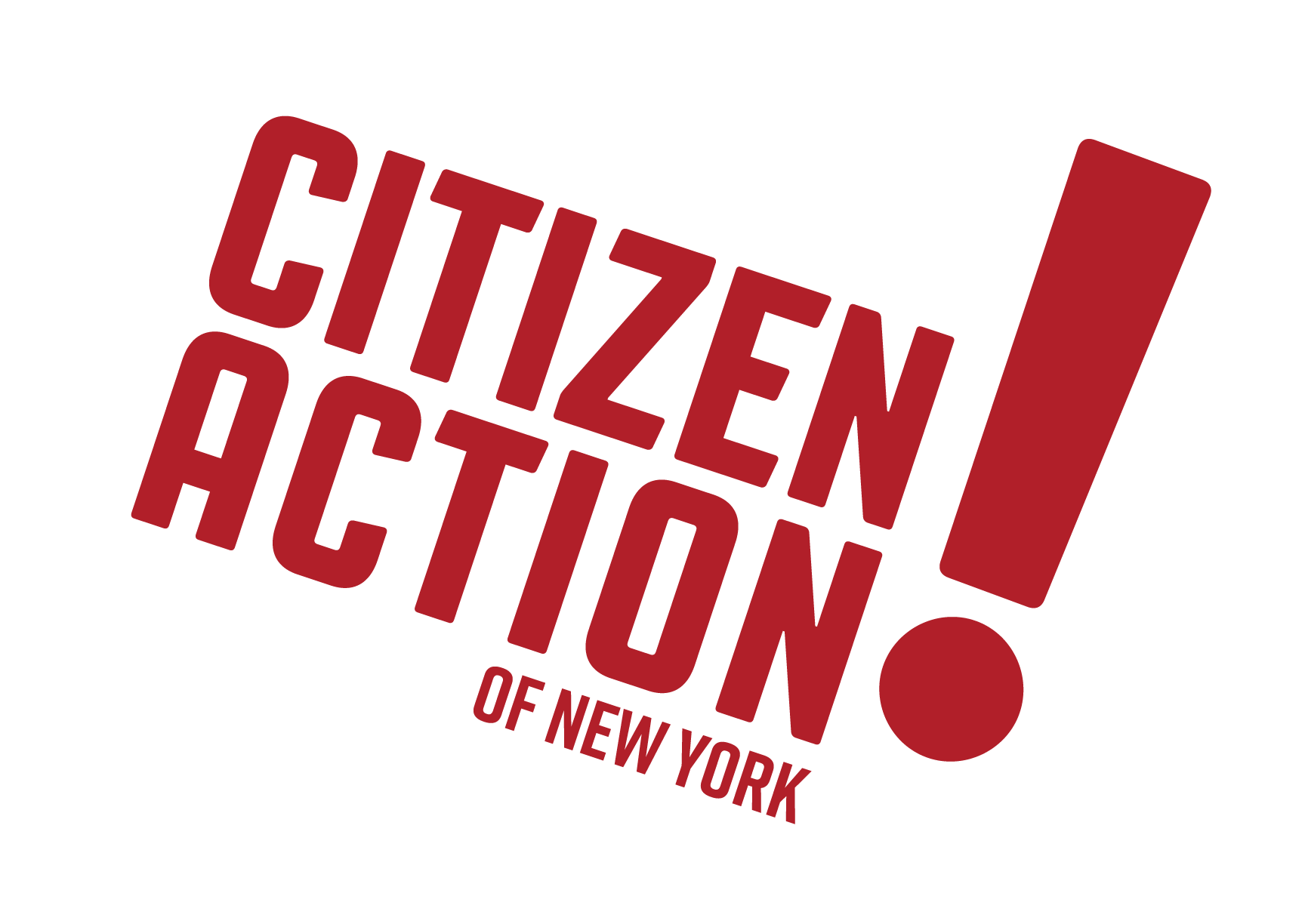Consumers and regulators alike are raising red flags about a proposal by the health insurer Anthem to acquire Cigna, creating an even more gigantic company that will be the second largest insurer in New York State, by premiums collected. Nationwide, the combined $54 billion company would have over 37 million enrollees. The proposed merger is part of a trend in recent years, in which insurers, drug companies, drug store chains, hospitals and doctor practices are all merging to gain an advantage over their competitors.
While industry and sometimes government officials sometimes paint a rosy picture that health insurer mergers will increase “operating efficiencies,” leading to lower rates and better services, past studies show that more often than not consumers have been the victims rather than the beneficiaries of these deals. And history doesn’t give us any reason to be optimistic these huge companies ever have our interests in mind. In 2014, Anthem CEO Joseph Swedish made $13.5 million in total compensation and Cigna CEO David Cordani made $14.5 million. Both of the merging companies have committed numerous violations of consumer protection laws. It obvious that the aim of each company is to line the pockets of its senior leaders and biggest shareholders, not to benefit consumers.
Consumer advocates like Citizen Action, Health Care for All New York and Consumers Union, and labor unions like 1199SEIU have been eyeing this deal warily. New Yorkers already pay among the highest health insurance rates in the nation. We all fear that if Anthem is allowed to acquire Cigna, the combined company will use its increased market power to make consumers pay even high premiums and out-of-pocket costs like co-pays and deductibles. And it’s not just about costs to consumers: we’re afraid that the transaction will lead to fewer choices of doctors and other providers.
The U.S. Justice Department, joined by 11 states (including New York) and the District of Columbia, has recently sued to block the merger. And the New York State Department of Financial Services, which must approve the transaction, has also given us reason to be hopeful. DFS has scheduled a hearing on the merger in New York City on September 8th, where the public can testimony or just come to watch. A good showing at this hearing will signal to DFS that there is significant public opposition to the merger and that they should reject it.
